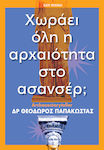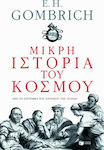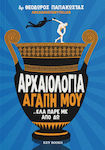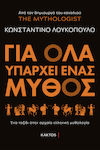Selected Store
Stock 20+ pieces
Set the delivery location to see products according to your choice.

Selected Store
Stock 20+ pieces

History Books

History Books




History Books


History Books




Prices are calculated for:Luxembourg, Other Payment Options
How did people in the distant past interpret deadly epidemic diseases such as leprosy, typhus, and cholera, and what means did they use to combat them? How old is the common perception of the (self-)sacrifice of the scapegoat? What is the relationship between the recently experienced pandemic and the ancient concept of the scapegoat, archaic Greek colonization, and the god Apollo? These are just some of the most important questions posed in this work. Human societies, from prehistoric times, unable to understand the real causes of famine or plague, attributed the occurrence of such calamities to the intervention of divine forces, which sent them to humans as punishment and as a means of correction for their transgressive behavior. To appease the god, heal, and return to normalcy, appropriate rituals and special prayers were employed, composed and performed by seers-healers who, due to their specialized training, were able to interpret the misfortunes and provide appropriate solutions. In this book, through the comparison of the earliest ancient Greek sources with various specialized ritual texts of the Hittites, Luwians, Hurrians, and other healer-seers of the third and second millennia BC, originating from libraries of ancient eastern kingdoms, the evolution of the concept of the ritual pharmakos (scapegoat) in ancient societies is traced. Part of this valuable and long-standing knowledge of the peoples of the ancient Near East seems to have passed seamlessly into the world of the Aegean and mainland Greece around the beginning of the first millennium BC. During the great journey of myths in the ancient Greek world and the Near East, the figure of the powerful immigrant god Apollo emerged, notably with the crucial contribution of Homer himself, as a god healer of epidemic diseases and protector of Greek colonization, decisively influencing ancient Greek culture. Cover image: Nikos Masteropoulos.
Specifications are collected from official manufacturer websites. Please verify the specifications before proceeding with your final purchase. If you notice any problem you can report it here.